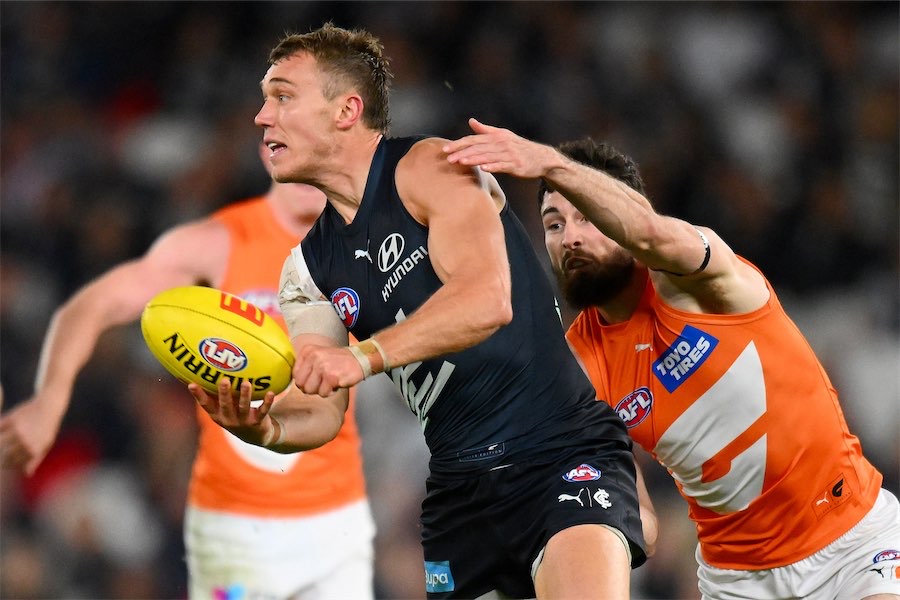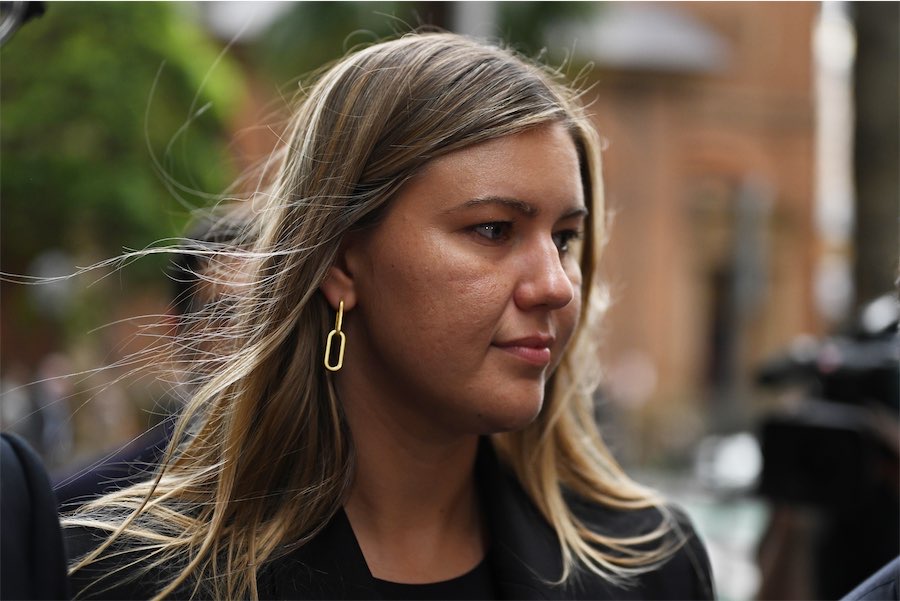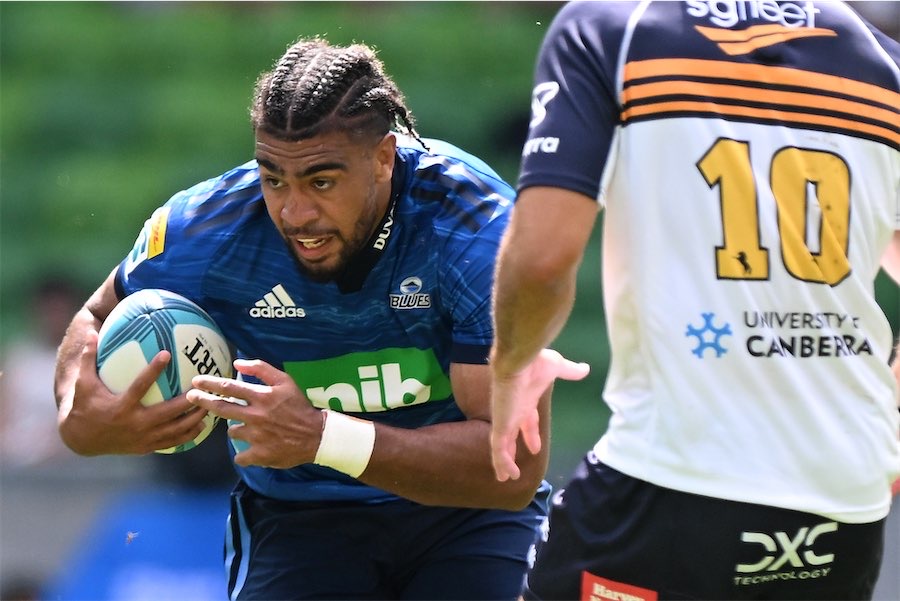
“SHOCKING” analysis results show that three in four Australians hold hold a negative implicit or unconscious bias against indigenous Australians.
The analysis, which came out of ANU, tested, using the “Implicit Association Test”, more than 11,000 Australian participants over a 10-year period, to see how this bias can lead to racist attitudes or behaviour. It found that 75 per cent of Australians tested hold a negative implicit or unconscious bias against indigenous Australians.
People’s bias is regardless of gender, age, ethnicity, occupation, religion, education level, geography or political leanings, according to the findings.
Australian male participants showed a higher negative bias than females and people with all levels of education were guilty of bias.
Western Australian and Queensland participants recorded the highest average scores for bias. Participants from the Northern Territory and the ACT recorded the lowest average levels of bias in the country.
“The results are shocking, but not surprising,” says Australian report author Mr Siddharth Shirodkar, a PhD researcher based in the ANU College of Arts and Social Sciences.
“These results show there may be an implicit negative bias against indigenous Australians across the board, which is likely the cause of the racism that many First Australians experience.
“It is the first data of its kind for Australia and this evidence shows implicit or unconscious bias toward our first Australians is not imagined.
“This study presents stark evidence of the solid invisible barrier that indigenous people face in society.
“But the data is actually not about indigenous Australians, it’s about the rest of us.”
The results show it’s likely that many people who hold these views have no awareness of their prejudice.
“As it is often unconscious, implicit bias can seep seamlessly into the everyday decisions at all levels of society,” says Mr Shirodkar.
“If you implicitly see indigenous people in a negative light then that is going to affect all of your interactions and dealings with indigenous people. We can only imagine the impact of that collective negativity on outcomes for indigenous Australians.”
The test measured how quickly participants paired positive and negative words with historical images of indigenous and Caucasian Australians.
Regardless of their occupations or levels of education, on average people displayed a negative bias against indigenous faces, the tests found. The same was found for people from all religions, as well as people who do not identify as being part of any religion.
Almost all ethnicities on average displayed bias against indigenous Australians but people who identified as Aboriginal or Torres Strait Islander were statistically unbiased toward either group.
“It suggests Indigenous Australians are likely to be in the best position to make unbiased decisions about other Indigenous people,” says Mr Shirodkar.
As the test is online and free for anyone to undertake, researchers say it’s more likely to draw in people who want to prove their lack of bias.
“The results may therefore under-report the extent of implicit bias in Australia,” Mr Shirodkar says.
Anyone can take the Australian Implicit Association test from the follow link implicit.harvard.edu
Who can be trusted?
In a world of spin and confusion, there’s never been a more important time to support independent journalism in Canberra.
If you trust our work online and want to enforce the power of independent voices, I invite you to make a small contribution.
Every dollar of support is invested back into our journalism to help keep citynews.com.au strong and free.
Thank you,
Ian Meikle, editor





Leave a Reply